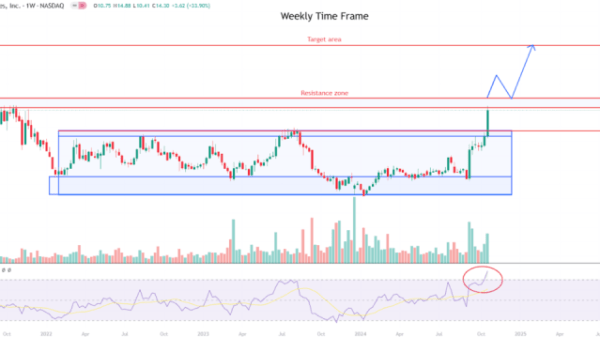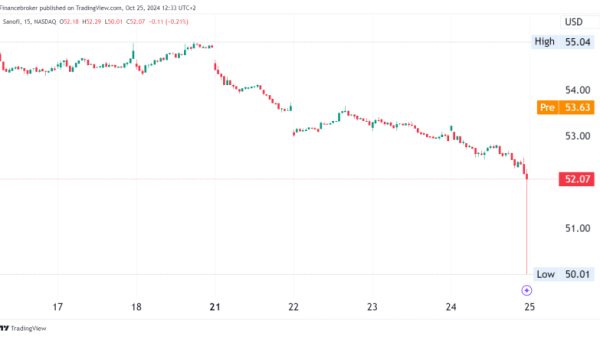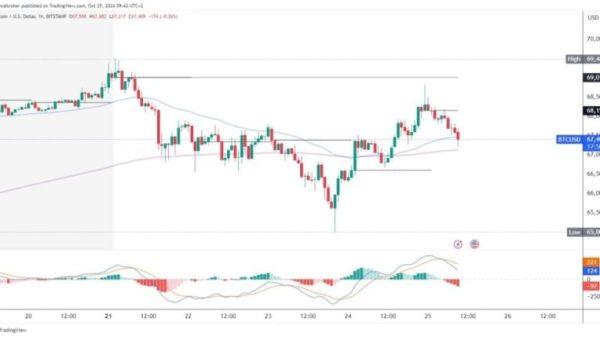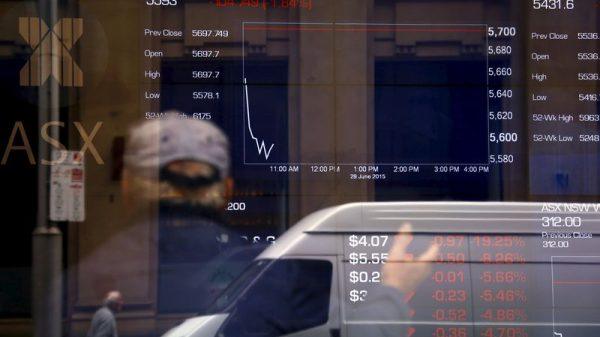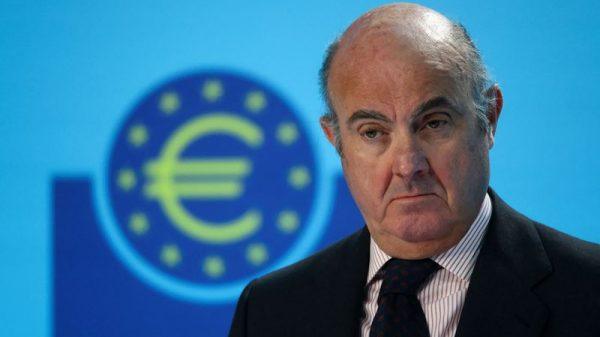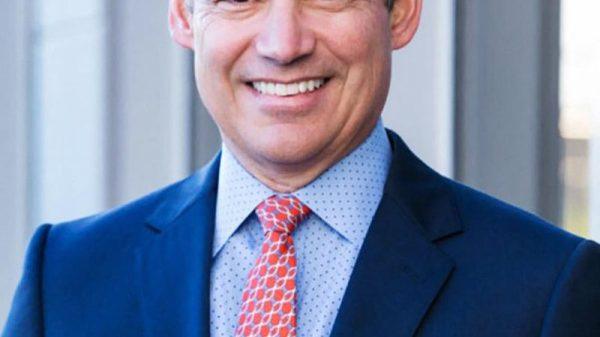By Andrea Shalal
WASHINGTON (Reuters) – New forecasts by the International Monetary Fund point to a difficult future for the global economy marked by lackluster medium-term growth, escalating trade tensions and high levels of debt, IMF Managing Director Kristalina Georgieva said on Thursday.
Georgieva painted a sobering picture in a speech ahead of next week’s annual IMF and World Bank meetings, but said much could still be done to boost growth, reduce debt and build a more resilient economy.
She warned of the persistent high prices that disproportionately affect the poor, and the potential of the escalating Middle East conflict to destabilize regional economies and global commodity markets
Georgieva also expressed concerns over increased military spending affecting the funding available for other priorities, including aid to developing countries.
Rising protectionism and increasing trade restrictions were fracturing the global economy, limiting growth in trade and “pouring cold water on an already lukewarm world economy,” said Georgieva, who started her second five-year term this month.
She said there was some good news, including the retreat of global inflation and a return in the direction of price stability, with labor markets cooling in an orderly manner in the United States and Europe.
The United States was not in recession, despite the start of Federal Reserve rate cuts that have triggered downturns in the past three interest-rate cycles, and jobless numbers were expected to stay relatively low, she said.
“Our forecasts point to an unforgiving combination of low growth and high debt – a difficult future,” Georgieva said.
She noted that growth would not be sufficient to eradicate world poverty, create the number of jobs needed or to generate tax revenues required to service heavy debt loads and fund investments.
High and rising public debt made the outlook even more troubling, Georgieva said, noting that a “severe but plausible” adverse scenario could push debt 20 percentage points of gross domestic product (GDP) above its current forecast.
That meant governments would face agonizing choices about where to spend precious funds, and the challenges were even greater in emerging market economies.
To change course and spur more growth, countries needed to reduce debt, rebuild buffers for the next shock, cut spending and enhance productivity, she said.
Global cooperation was more important than ever, she said, citing ongoing trade challenges, unexpectedly fast global warming and the rapid growth of AI technology that required global regulatory and ethical codes.

